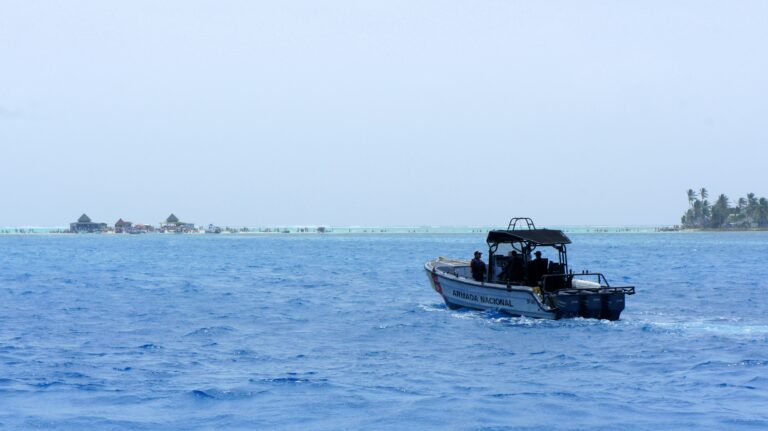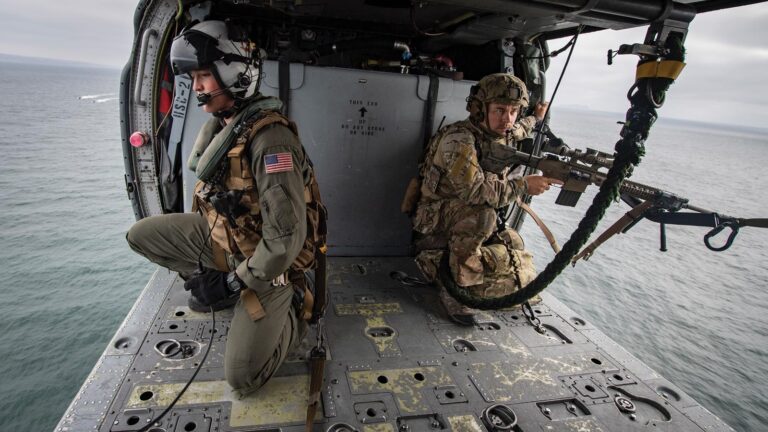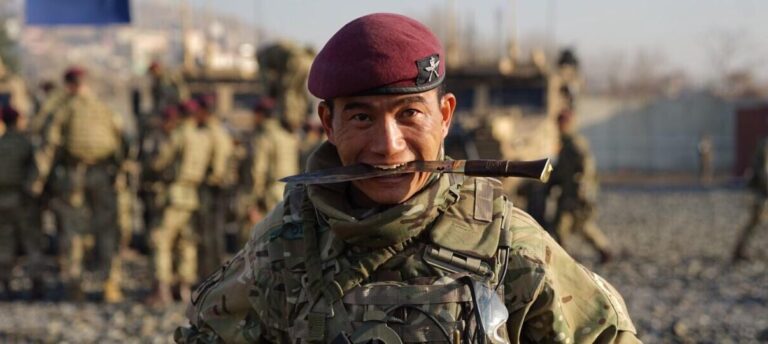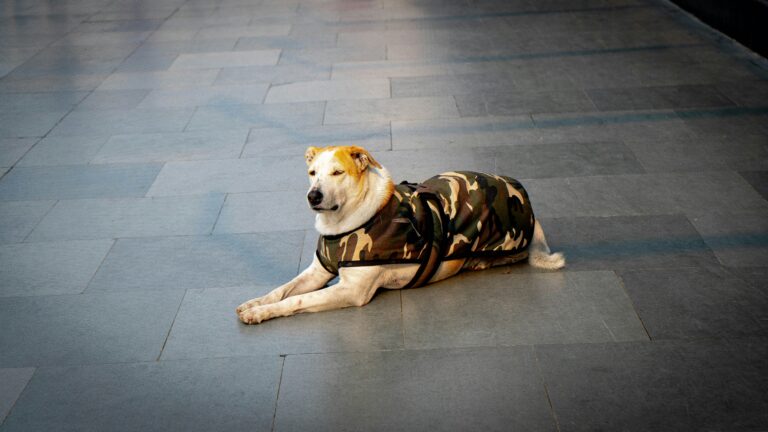UK Military Chaplains
Introduction
In the chaos of war, amidst explosions, loss, and uncertainty, spiritual and emotional strength can be just as vital as physical endurance. The British Armed Forces recognise this truth — and that’s why Military Chaplains exist.
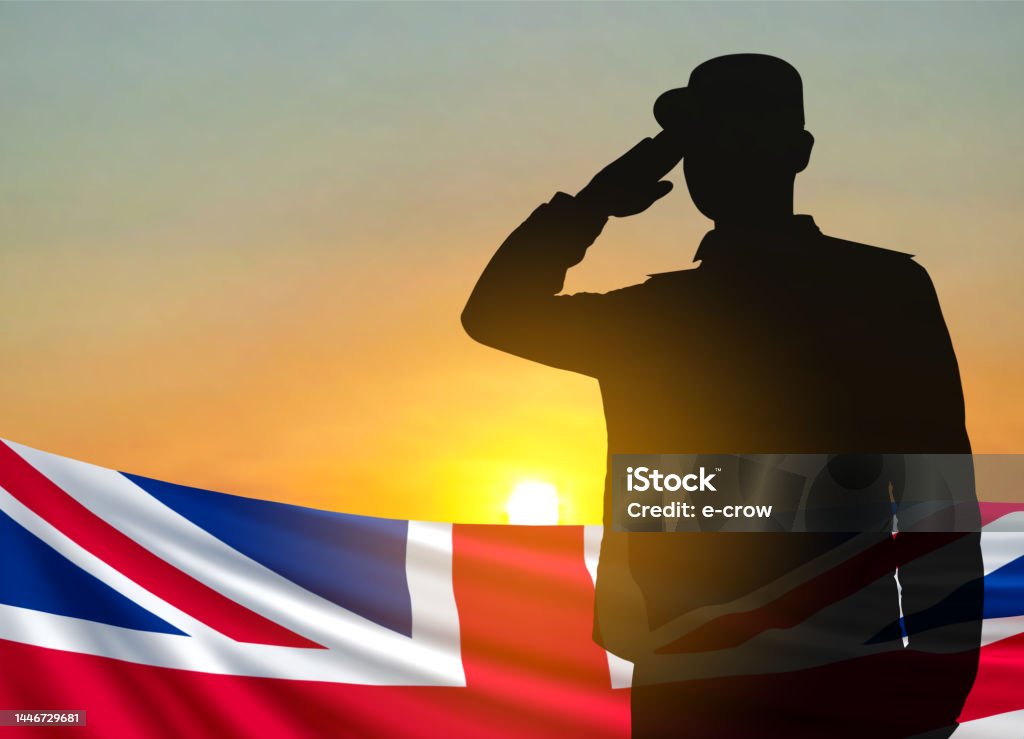
Far from being confined to pulpits or peacetime duties, UK Military Chaplains serve on the front lines, in barracks, on ships, and in remote outposts, providing faith-based support, moral guidance, and emotional care to personnel of all beliefs — and even those with none.
What Is a Military Chaplain?
A Military Chaplain is a non-combatant spiritual leader and counsellor within the British Army, Royal Navy, and Royal Air Force. They serve without weapons, yet are deployed into operational theatres alongside troops.
They are commissioned officers, part of their respective chaplaincy branches:
- Royal Army Chaplains’ Department (RAChD)
- Royal Air Force Chaplains Branch
- Royal Navy Chaplaincy Service
They represent various Christian denominations, and increasingly non-Christian faiths, including Judaism, Islam, Hinduism, Sikhism, and Humanism.
Key Roles and Responsibilities
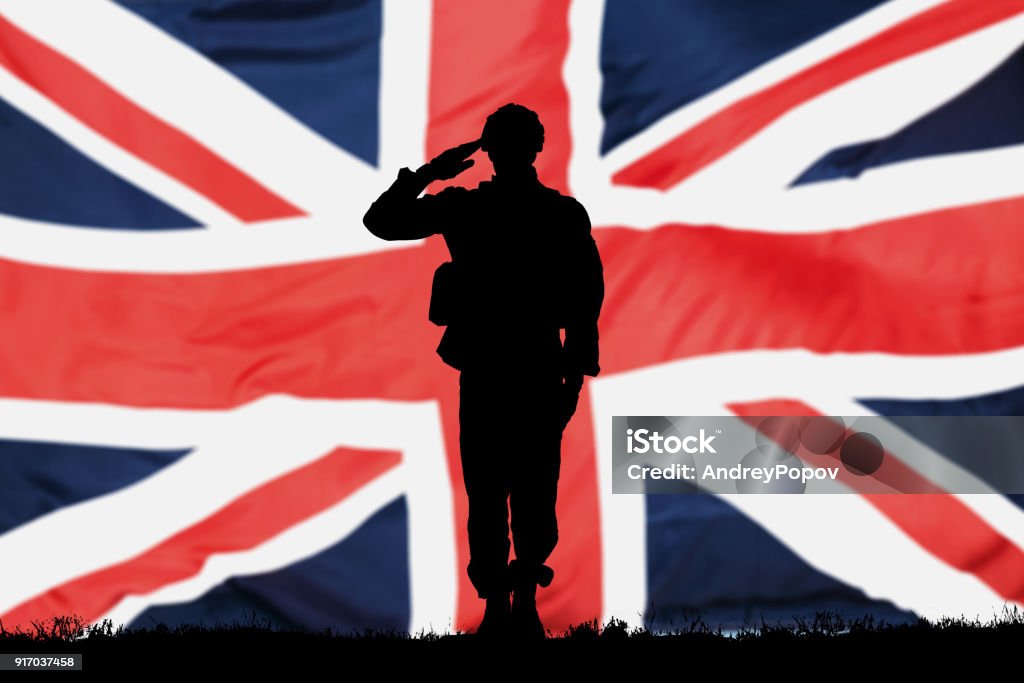
| Function | Description |
|---|---|
| Pastoral Care | Supporting the emotional and mental wellbeing of service personnel |
| Religious Services | Conducting worship, sacraments, funerals, and blessings |
| Moral and Ethical Advice | Guiding commanders on complex moral decisions |
| Deployment Support | Accompanying troops into conflict zones, combat areas, and disaster zones |
| Bereavement Care | Assisting with next of kin support, grief counselling, and memorials |
| Interfaith Engagement | Ensuring the rights and needs of all religious and non-religious personnel are respected |
They are trusted confidants — what is said to a chaplain is confidential and cannot be reported up the chain of command.
Daily Life and Deployment
A typical chaplain’s day may include:
- Leading morning prayers or meditation
- Counselling a soldier struggling with PTSD
- Advising a commanding officer on local religious customs in a deployment zone
- Conducting a funeral or remembrance service
- Visiting sick or injured personnel in field hospitals
- Running ethical training sessions (e.g. on war conduct, equality, or dignity)
Chaplains are deployed worldwide — from Afghanistan to the Falklands, serving on:
- Ships and submarines
- Army bases and field hospitals
- Forward Operating Bases (FOBs) in combat zones
- RAF stations, including overseas flight detachments
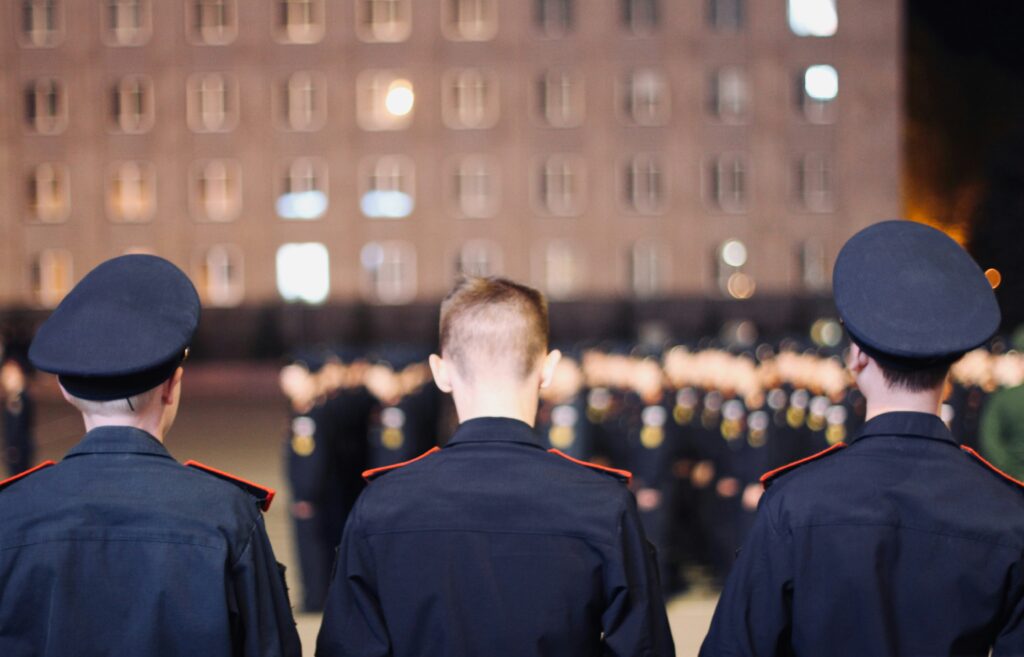
Non-Combatant, But Deployed
Though chaplains do not carry weapons, they go wherever the troops go — including active warzones. They are trained in:
- Battlefield awareness and field survival
- First aid and trauma support
- Military operational procedures
- CBRN and conflict ethics
In hostile areas, they are protected by armed personnel (often a dedicated bodyguard or “padre protector”), yet they operate without fear or favour, often walking among wounded, grieving, or traumatised troops to bring calm.
How to Become a UK Military Chaplain
Prerequisites:
- Be an ordained or recognised faith leader
- Have at least 3 years of pastoral experience
- Hold a relevant theological degree
- Pass medical and fitness standards (though adapted for age and role)
- Be endorsed by your faith’s endorsing body
Training Path:
- Commissioning Course for Chaplains – tailored military training at:
- Royal Military Academy Sandhurst (Army)
- Britannia Royal Naval College (Navy)
- RAF College Cranwell (RAF)
- Specialist Chaplaincy Courses
- Cultural awareness
- Deployment readiness
- Interfaith skills
- Mental health first aid
- On-the-job mentoring and continuing education
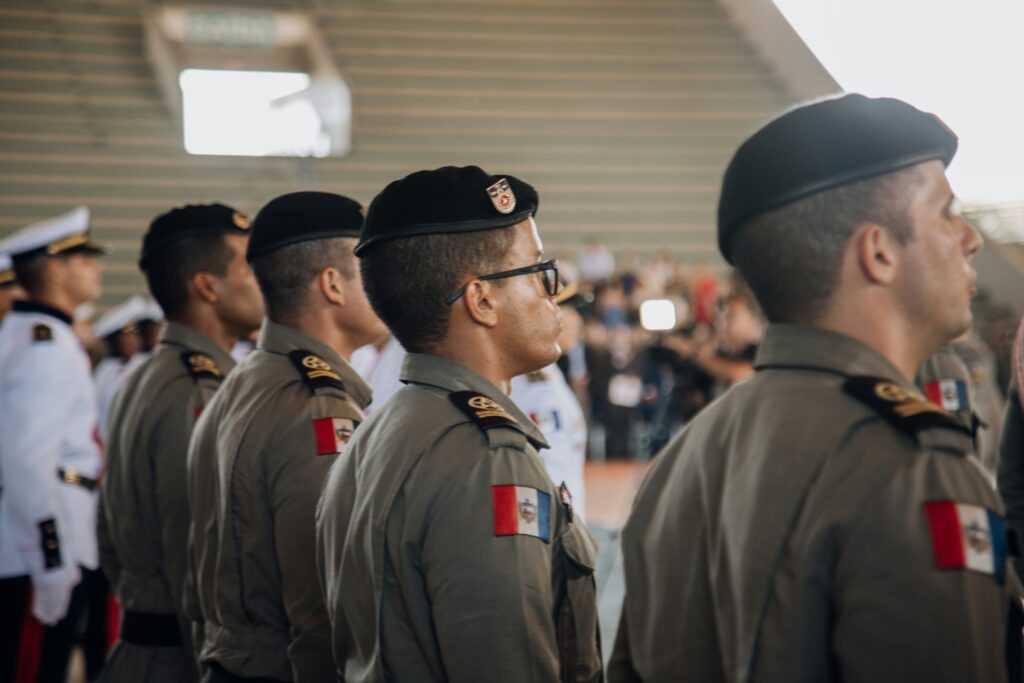
Denominations and Diversity
While most chaplains are Christian (Anglican, Roman Catholic, Methodist, Baptist), the UK military actively recruits:
- Jewish, Sikh, Muslim, Hindu chaplains
- Buddhist monks (less common but increasing)
- Humanist pastoral workers (through groups like the Humanist Association)
This reflects the UK’s increasingly pluralistic and multicultural military population.
Rank and Structure
Chaplains are commissioned officers but do not hold military rank in the traditional sense. However, they wear rank insignia for practical purposes and may be given equivalent authority:
| Chaplain Level | Equivalent Military Rank |
|---|---|
| Chaplain to Unit | Captain / Flight Lieutenant / Lieutenant |
| Senior Chaplain | Major / Squadron Leader / Lieutenant Commander |
| Principal Chaplain | Lieutenant Colonel / Wing Commander / Commander |
| Chaplain General | Brigadier or higher (Head of Chaplaincy Services) |
Chaplains are part of command groups but remain outside the traditional hierarchy, providing independent, moral counsel.
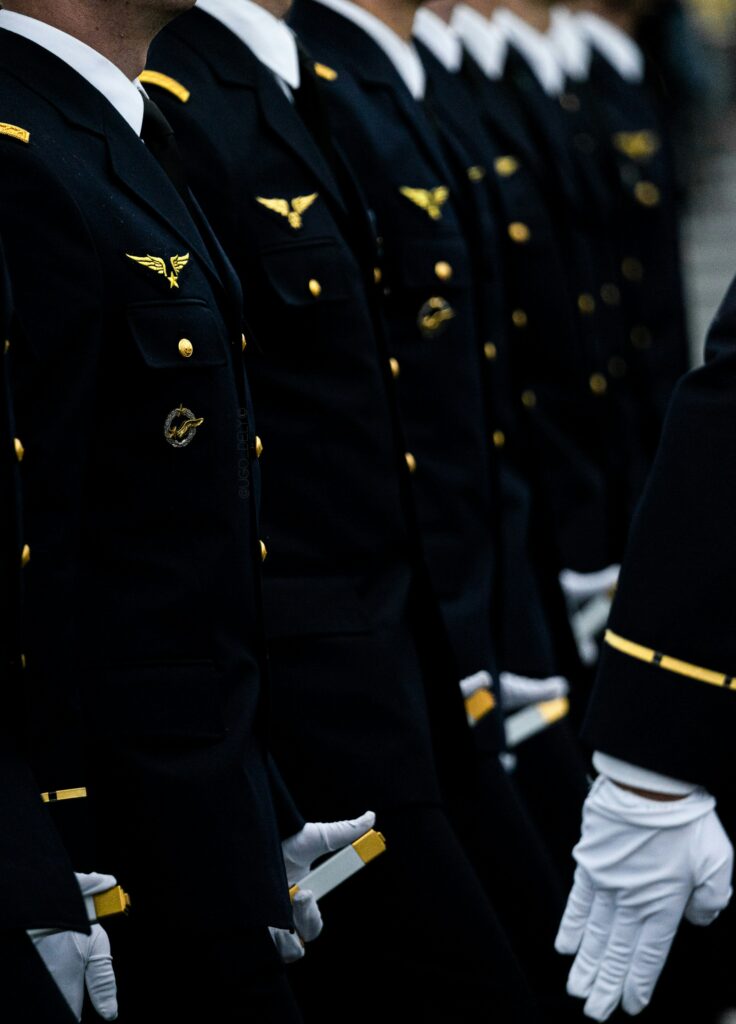
Pay and Benefits
- Starting salary: ~£34,000
- Senior chaplains: £50,000–£70,000+
- Additional deployment pay and allowances
- Funded postgraduate education in ethics, theology, or counselling
- Pension, medical, and housing benefits
- 38 days leave annually
- Access to gyms, mess facilities, and welfare programs
- Global travel and operational experience
Unique Challenges
- Serving personnel of many (or no) faiths
- Supporting those who experience death, loss, or moral injury
- Navigating complex operational decisions (e.g. rules of engagement, detainee welfare)
- Being constantly on call for emotional crises
- Operating in hostile or morally grey environments
Yet chaplains report high job satisfaction from being a source of strength, hope, and guidance.
Real-Life Impact
- Afghanistan: Chaplains supported soldiers in Helmand during heavy casualties, leading grief counselling and remembrance ceremonies
- Falklands War: Chaplains ministered to wounded sailors on HMS Sheffield
- COVID-19: Military chaplains led emergency support operations, helping NHS staff and repatriated citizens
- Ukraine Support: Provided pastoral care to UK advisors and Ukrainian forces through NATO missions
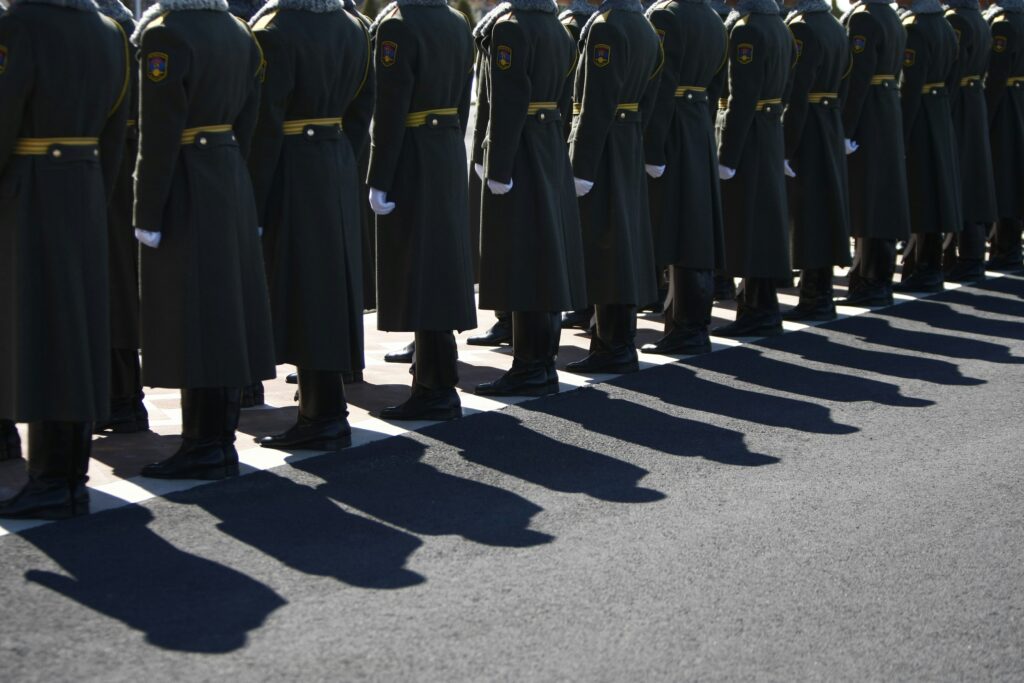
Post-Service Opportunities
Many ex-military chaplains go on to:
- Senior clergy roles (bishops, deans, imams)
- NHS hospital chaplaincy
- Police and prison service pastoral care
- Trauma and bereavement counsellors
- Academic or advisory roles in defence ethics and military sociology
Conclusion
UK Military Chaplains walk a fine line — between soldier and civilian, war and peace, faith and hardship. They offer a compassionate, resilient presence in one of the most demanding environments on Earth.
Whether you’re religious, spiritual, agnostic, or unsure, chaplains stand ready to listen, support, and guide — reminding us that even in war, humanity endures.


